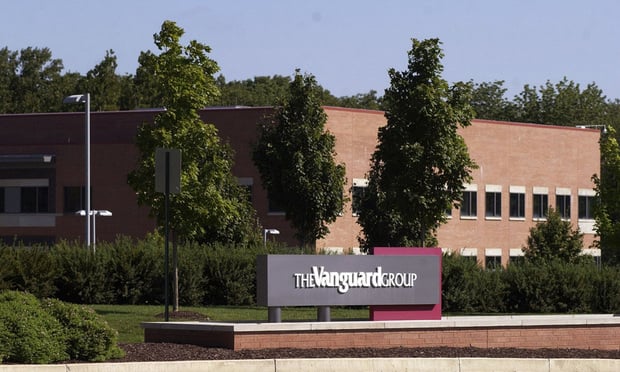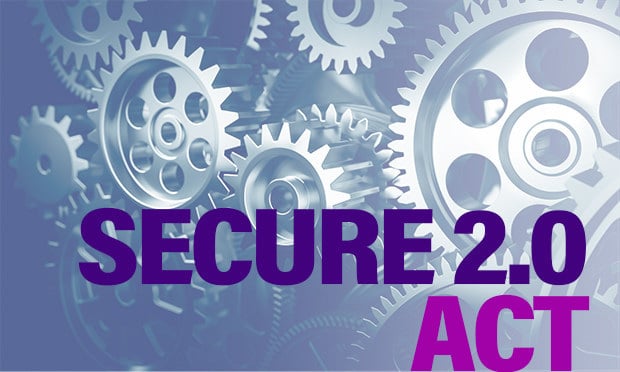About The Author
CONNECT WITH THIS AUTHOR
June 12, 2023
June 08, 2023
June 06, 2023
June 05, 2023
June 02, 2023
May 31, 2023
May 30, 2023
May 26, 2023
May 18, 2023
April 26, 2023
Trending Stories
- 1Enterprise ICHRA: A Playbook for Benefits Advisors
- 2Mark Cuban praises Trump's PBM executive order, predicts 'hundreds of billions' in savings
- 3Arkansas law bans PBM ownership of pharmacies
- 4Whole Foods settles its 401(k) excessive fee lawsuit that cost workers millions
- 5401(k) contribution limit projections for 2026: Milliman











